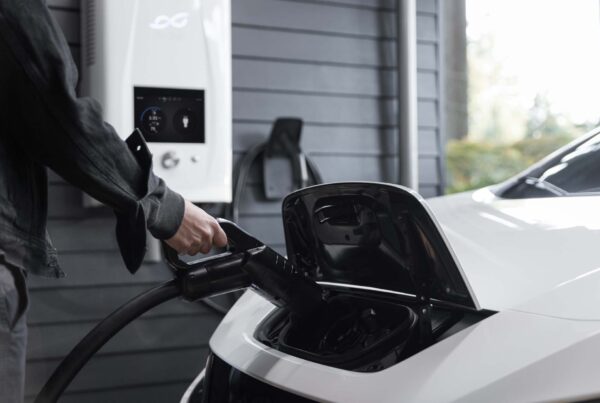Introduction
Electric vehicle (EV) technology has come a long way since the first electric cars appeared on our roads. A key factor driving the adoption of electric vehicles is the advancements in battery technology. These improvements have led to more efficient, longer-lasting, and faster-charging batteries, making EVs an increasingly popular choice for environmentally conscious consumers. In this blog post, we will explore the latest breakthroughs in electric vehicle battery technology that are set to shape the future of the automotive industry.
Solid-state batteries: A game-changer for EVs
One of the most significant advances in electric vehicle battery technology is the development of solid-state batteries. Unlike conventional lithium-ion batteries that use liquid electrolytes, solid-state batteries use solid electrolytes, resulting in increased energy density and improved safety. This new technology promises to deliver longer driving ranges, shorter charging times, and a longer lifespan.
Recently, researchers at various universities and companies have made significant progress in solid-state battery development. Companies like Toyota, QuantumScape, and Solid Power are at the forefront of these efforts, with plans to bring solid-state batteries to the market in the coming years.
Silicon anode technology: Boosting battery capacity
The search for more efficient battery materials has led researchers to explore silicon as an alternative to the graphite used in conventional lithium-ion batteries. Silicon anodes have a much higher capacity for lithium, which could significantly increase the energy density of batteries and enable longer driving ranges.
However, silicon anodes face challenges, such as significant volume expansion and contraction during charging and discharging, leading to degradation over time. Researchers are working on developing innovative solutions to overcome these issues, such as incorporating silicon with other materials like carbon or designing nanostructured silicon anodes.
Wireless charging: The future of EV charging
As electric vehicles become more widespread, the demand for convenient and efficient charging solutions is growing. Wireless charging technology is one such solution, allowing EV owners to charge their vehicles without the need for a physical connection. By using magnetic resonance or inductive charging, wireless systems can transfer power over short distances, making charging more convenient and less cumbersome.
Several companies are working on wireless charging solutions, with some, like WiTricity and Electreon, already showcasing their technologies in pilot projects. The integration of wireless charging infrastructure in parking lots, highways, and city streets could revolutionize the EV charging experience and further accelerate EV adoption.
Battery recycling and second-life applications
As the number of electric vehicles on the road increases, the need for sustainable end-of-life solutions for batteries becomes crucial. Battery recycling is an essential aspect of the circular economy, helping to extract valuable materials from spent batteries and reduce the environmental impact of battery production.
Companies like Redwood Materials and Li-Cycle are developing innovative recycling processes to recover valuable materials, such as lithium, cobalt, and nickel, from used batteries. Additionally, second-life applications for retired EV batteries, such as energy storage for renewable energy systems, are gaining traction and can extend the useful life of these batteries.
Conclusion
The future of electric vehicle battery technology is bright, with advancements in solid-state batteries, silicon anodes, wireless charging, and recycling processes promising to transform the automotive industry. As these technologies continue to develop and become more accessible, we can expect electric vehicles to play an increasingly important role in our efforts to transition towards a more sustainable and environmentally friendly future.





